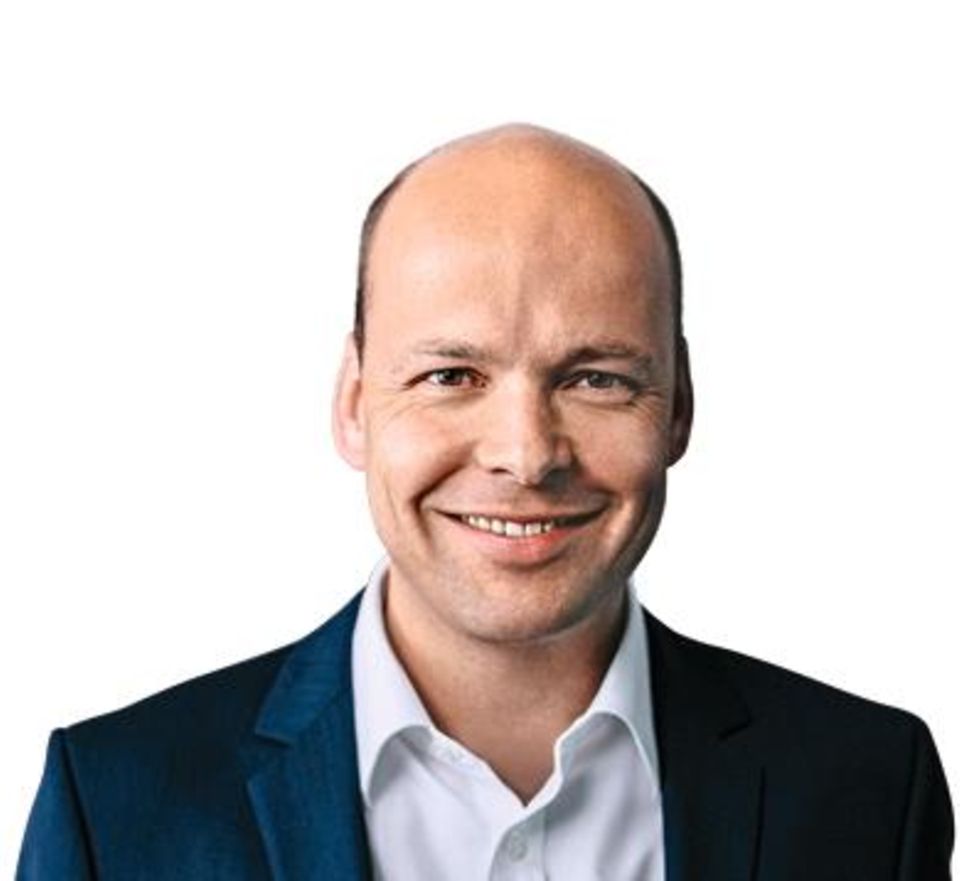column
In this election campaign, we finally wanted to argue about ideas, visions and milestones up to 2030. But the harsh reality holds us prisoner, fate occupies us instead of “fateful decades”.
In election campaigns, it is often said, one wants to talk and argue about the future and ideas – but it is the harsh and brutal present and reality that has preoccupied us for weeks and takes our breath away: Afghanistan, floods, pandemic. The candidates try to distill lessons for the future from the horror and the reactions, formulas like: “That shows that we have to do XY in the future.”

But 2030 or 2045 are far away and abstract again, when we evacuate, rescue, people die, people fear for their lives, or lose everything in a flood. It will be difficult for our brain to imagine tipping points in a few decades anyway – we know that from inflation, returns and pensions. In days like these, milestones like 2030 are of little interest.
Afghanistan does not decide a vote because the images are appalling, but do not directly affect the everyday life of the voters. Like this week, Afghanistan is about fates, not the “fateful decade”. Rightly so, because the bloody attack at Kabul airport was the announced disaster within the disaster. The last Bundeswehr aviator has left Kabul, the evacuation has ended without being completed – but the soldiers involved have achieved great things in this short time in this chaos.
Dark hour instead of great hour
There was a historic special session of the German Bundestag this week: Originally, only an aid package for the flood disaster was to be decided. But of course Afghanistan pushed onto the agenda and the pandemic – three major issues that are shaping this election campaign as a background force. And all three crossed again this week in parliament, in one session. Dark hour instead of great hour.
To start with the floods – because the judgment is still the easiest here: The reconstruction fund of 30 billion euros is of course right and necessary. It is also an interesting symptom of the speed at which our state can now go into crisis mode and put together such packages. When it comes to prevention, we often find it too weak, followed by bazooka and oomph. Even if you can never prevent a flood of the century: It would be good if we invest more money beforehand in the future than just repairing damage afterwards.
Afterwards, Angela Merkel’s government declaration on Afghanistan was also about. The Chancellor shrugged her shoulders and gave herself her core message: “Afterwards you are always smarter.” That’s right, because everyone who is outraged – including us media – must also admit that they “obviously underestimated” the situation. Otherwise one would have invested more resources in researching local staff than on plagiarism in the summer.
And yet this sentence suited the Chancellor, and it is bitter irony that he is one of the last ones she spoke in the Bundestag. It fits because she always acted afterwards and afterwards, as a crisis chancellor in major crises. That made her good and reliable, for this she was valued and adored, here she grew, shaped her size and her political capital. Too seldom did their plans come from an impulse for the future; the strength was used for past mistakes or omissions. Her biggest parcels always came afterward, for help and rescue.
More “dance” than “hammer”
The pandemic remains as the third mega-topic in the Bundestag: The extension of the “epidemic situation of national scope” with all its special powers for corona measures was inappropriate – which does not mean that the pandemic is over. It is too gross and too great a power to be taken with bazooka energy. The opposition rightly warned that there is no legal basis for such dimensions of possible interference. In case of doubt, courts would also see it that way.
In the best case, the decision remains on paper and the armory closed – because weighty voices in the capital send a different message: there will no longer be a classic lockdown, but a life between “2G” and “3G”, more “dance” than “Hammer”. It is true that the incidence value, which we have been staring at every day for 18 months, is receding and other values such as hospital occupancy decide.
By the end of the year we will have to do what we have been doing since January: vaccinate. The resources are there, the will not everywhere. But that remains essential, more important than the now sacred lockdown architecture of the protective measures. In other words: a “ban on accommodation” – the bizarre creation out of the misery of last autumn – will probably no longer exist.
It is difficult to determine how and whether these three major topics also determine the choice – especially since the other important topics that people mention in surveys are not disappearing: migration, old-age provision, demography, digitization. But events have produced images, with and without candidates, that haunt people’s minds.
David William is a talented author who has made a name for himself in the world of writing. He is a professional author who writes on a wide range of topics, from general interest to opinion news. David is currently working as a writer at 24 hours worlds where he brings his unique perspective and in-depth research to his articles, making them both informative and engaging.




